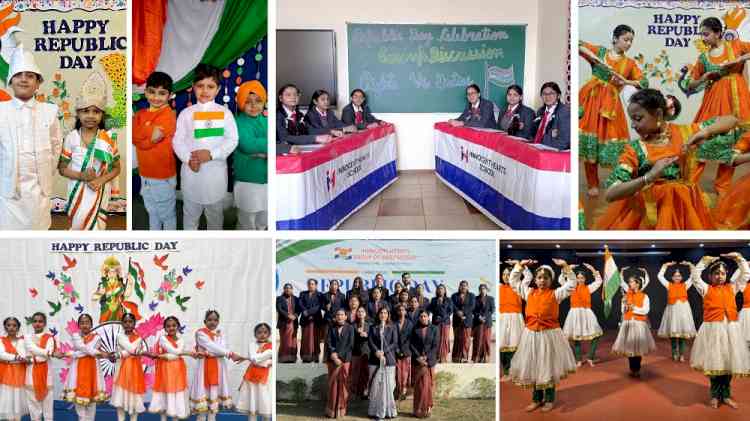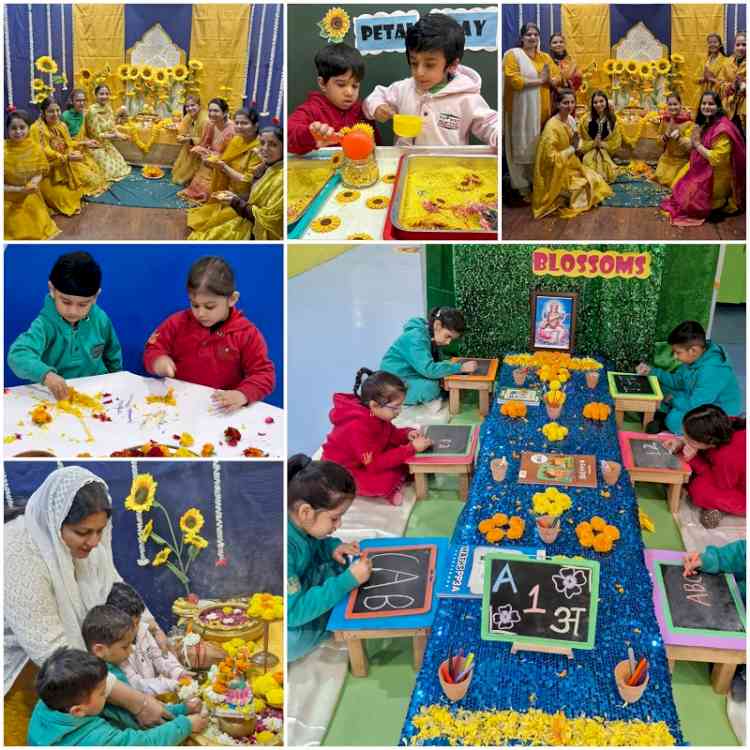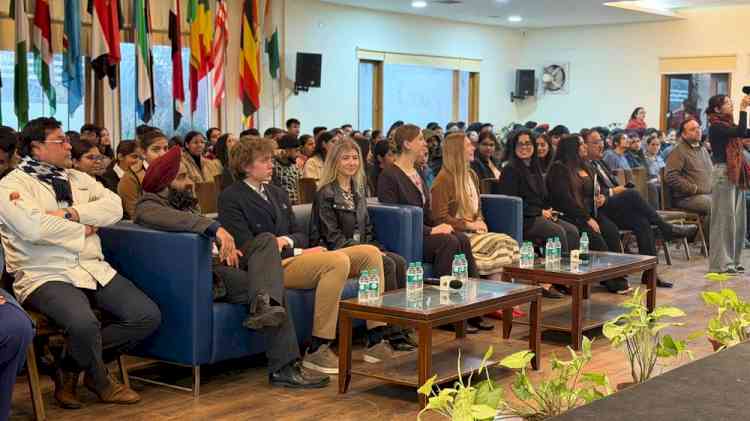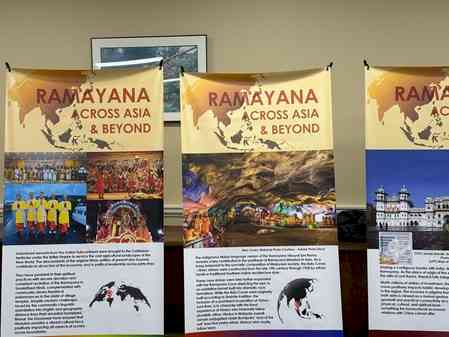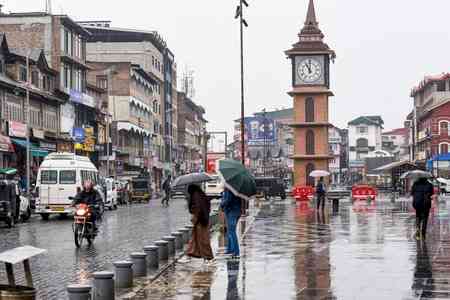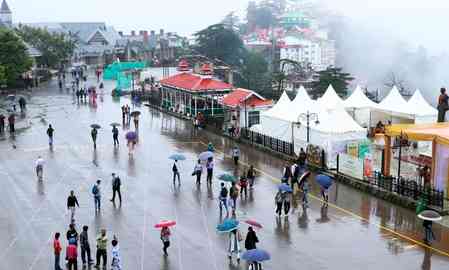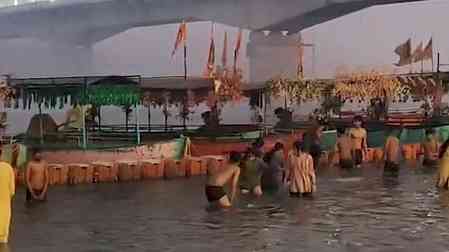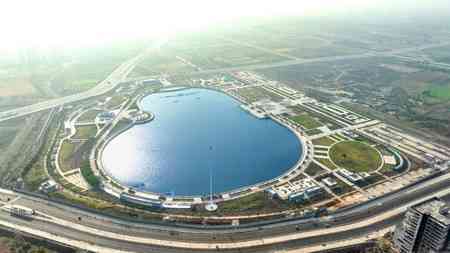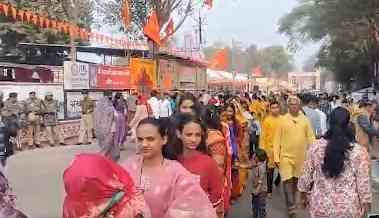PAU and ACIAR explore partnerships to drive innovation for sustainable agriculture
Dr Andrew Campbell, Chief Executive Officer of the Australian Centre for International Agricultural Research (ACIAR) visited Punjab Agricultural University, Ludhiana along with Dr Pratibha Singh, ACIAR Regional Manager (South Asia) based in New Delhi to interact with PAU Vice-Chancellor, Dr Satbir Singh Gosal and officers of the university. Dr Campbell has played influential roles in sustainable agriculture and natural resource management in Australia for over 30 years, including as the first National Landcare Facilitator and Chief Executive of Land and Water Australia.
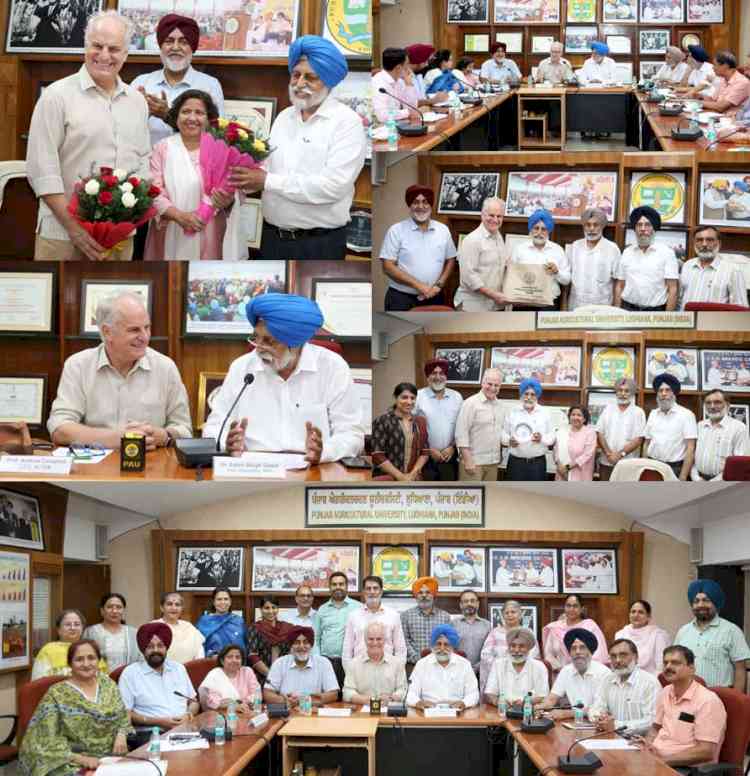
Ludhiana, June 19, 2023: Dr Andrew Campbell, Chief Executive Officer of the Australian Centre for International Agricultural Research (ACIAR) visited Punjab Agricultural University, Ludhiana along with Dr Pratibha Singh, ACIAR Regional Manager (South Asia) based in New Delhi to interact with PAU Vice-Chancellor, Dr Satbir Singh Gosal and officers of the university. Dr Campbell has played influential roles in sustainable agriculture and natural resource management in Australia for over 30 years, including as the first National Landcare Facilitator and Chief Executive of Land and Water Australia.
Highlighting the vital role of Australian scientists in benefiting partner countries, Dr Campbell stated that Australian agriculture thrives in challenging climates without extensive external subsidies. Their expertise can assist nations facing similar difficulties benefitting farmers, rural communities, consumers, researchers, and policymakers alike. He informed that ACIAR actively supports research across regions covering agribusiness, climate change, crops, fisheries, forestry, horticulture, livestock systems, social systems, soil and land management, and water.
Dr. Campbell disclosed ACIAR's primary focus on research partnerships in the Indo-Pacific, aiming to enhance food security, reduce poverty, promote sustainability, improve nutrition, and address health risks. ACIAR prioritizes equity, inclusivity, and empowerment by promoting gender equality, inclusive value chains, and scientific capacity building in partner nations, he explained.
Updating the envoy about the length and breadth of PAU's breakthroughs, Dr S.S. Gosal informed that PAU has earned the moniker ‘Harbinger of Green Revolution’ for developing protection and processing technologies that are blended with ingenious technology transfer strategies. He maintained that the institution is focused on developing solutions that increase productivity and minimize environmental risks.
Dr Gosal specified that PAU would be willing to partner in domains like climate-resilient technologies, genome editing, trait-specific crop development, biosensors, speed breeding, molecular breeding of vegetables, crop health assessment, forewarning systems for biotic stress, sustainability, soil health management, Artificial Intelligence, IoT-based scheduled irrigation, big data management, etc. He also apprised the visitors about PAU’s focus on countering nutritional deficits by developing trait-specific varieties.
Dr. Pratibha Singh outlined ACIAR's key priorities in India viz., agricultural water management, sustainable intensification, crop diversification, breeding improved varieties, and policy development. Stressing the importance of mechanization, farm robotics, and groundwater monitoring, she briefed about ongoing projects in crops, soil management, water, and social systems. Dr. Singh underscored the significance of co-investment, collaboration, and shared expertise for achieving desired outcomes.
Dr. Ajmer Singh Dhatt, PAU’s Director of Research, gave a gist of the varsity’s numerous research technologies in the fields of cropping systems, farm mechanization, agro-forestry systems, biofertilizers, pesticide residue analysis, pest management, post-harvest handling and processing techniques as well as advanced technologies like micropropagation, transcriptomics, GM crops, nano fertilizer, etc. PAU operates through KVKs and FASCs across districts, providing agricultural extension services, organizing camps, field days, and surveillance. Biannual Kisan Melas, digital platforms like a newspaper, Facebook Live sessions, PAU Kisan App, WhatsApp groups, Kisan Doots, and farm publications offer vital agricultural information, he shared.
Earlier, in his welcome address, Dr H.S. Sidhu, Dean, College of Agricultural Engineering and Technology, opined that by working together across borders, stakeholders can leverage their collective strengths and experiences, paving the way for a more resilient, productive, and environmentally conscious agriculture sector. A flurry of ideas was exchanged on prospective collaborations. The visitors were honored with PAU publications and university mementos. The vote of thanks was proposed by Dr Manav Indra Singh Gill, Registrar of PAU.


 City Air News
City Air News 
